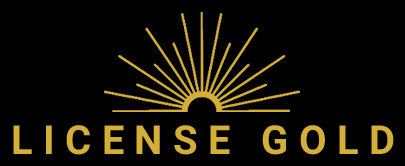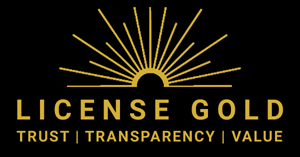
The COVID-19 pandemic has had a significant impact on the liquor industry in California. The state has been forced to make several changes to its liquor laws to help businesses stay afloat during these challenging times. In this blog post, we will discuss some of the changes that have been made to liquor laws in California and the challenges that businesses face when trying to obtain a liquor license.
Changes to Liquor Laws in California
One of the most significant changes that have been made to liquor laws in California is the temporary allowance of outdoor dining and drinking. Since the pandemic began, restaurants have been allowed to serve alcohol in outdoor spaces like parking lots and sidewalks. This change has helped many businesses stay open during the pandemic and has been well-received by customers.
Another change that has been made is the waiver of license renewal fees for specified licensees whose licenses expire between March 1, 2021 and February 28, 2023. This waiver applies to licenses that were active between March 1, 2020 and December 31, 2020.
Challenges Faced by Businesses
Despite these changes, businesses still face several challenges when trying to obtain a liquor license. One of the biggest challenges is the cost of obtaining a license. Licenses can cost up to $300,000 in Alaska and California⁴, $445,000 in Florida⁴, $250,000 in Idaho⁴, $400,000 in Indiana and Massachusetts⁴, $370,000 in Montana⁴, $350,000 in New Jersey⁴ and more.
Another challenge is the complicated process of obtaining a license. The process can be time-consuming and requires businesses to navigate complex regulations. This can be especially challenging for small businesses that do not have the resources to hire legal counsel.
Conclusion
The COVID-19 pandemic has had a significant impact on the liquor industry in California. While changes have been made to help businesses stay afloat during these challenging times, there are still several challenges that businesses face when trying to obtain a liquor license. By understanding these challenges and working with experienced professionals, businesses can navigate the complex process of obtaining a liquor license and continue to thrive.

